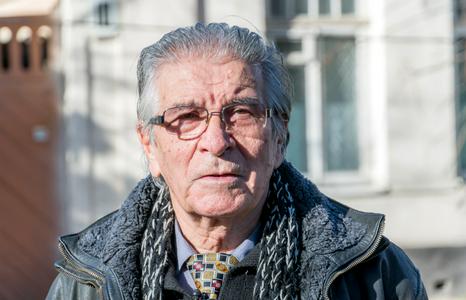Uzbekistan plans to attract $42 billion in foreign investment into its economy in 2025, with 81 large-scale and more than 8,000 medium- and small-sized projects slated for implementation. The projections were announced by President Shavkat Mirziyoyev, according to a statement from his press service.
The president noted that during the first quarter of the year alone, his visits to the UAE, Malaysia, Kuwait, and France resulted in agreements on 178 projects totaling $39 billion. Additionally, at the «Central Asia–European Union» summit held in early April, EU representatives pledged $12 billion for the region.
Mirziyoyev also instructed government officials to secure $2 billion in grants from donor organizations and $6 billion in bank financing this year.
Emphasizing the importance of engaging with foreign partners, the president cited last month’s Uzbekistan Investor Day in London, where more than $2.7 billion in agreements were reached. He suggested organizing similar events in New York, Singapore, Tokyo, Dubai, Shanghai, Istanbul, and Hong Kong.
Relevant agencies have been tasked with preparing a portfolio of projects to present to potential investors at special forums — one scheduled for April in Jizzakh and another in June in Tashkent.
Another key strategy for attracting investment is the government’s privatization program. Under this initiative, state shares in 49 enterprises will be offered on the international market, and 15 major companies will issue Eurobonds.
Mirziyoyev highlighted that since the beginning of the year, $706 million has been disbursed under joint programs with international financial institutions. The funds have supported sectors such as thermal power, electrical grids, agriculture, and road and rail infrastructure. Currently, $20 billion in projects are being implemented through cooperation with international organizations. Agreements totaling $1.5 billion have already been signed with the European Bank for Reconstruction and Development, the World Bank, the Asian Development Bank, the Islamic Development Bank, and the French Development Agency.
At the same time, the president pointed to delays in project implementation and instructed the government to monitor the timely adjustment of existing plans. He also mandated that additional work be approved only after the completion of core projects and within the limits of leftover funds.










